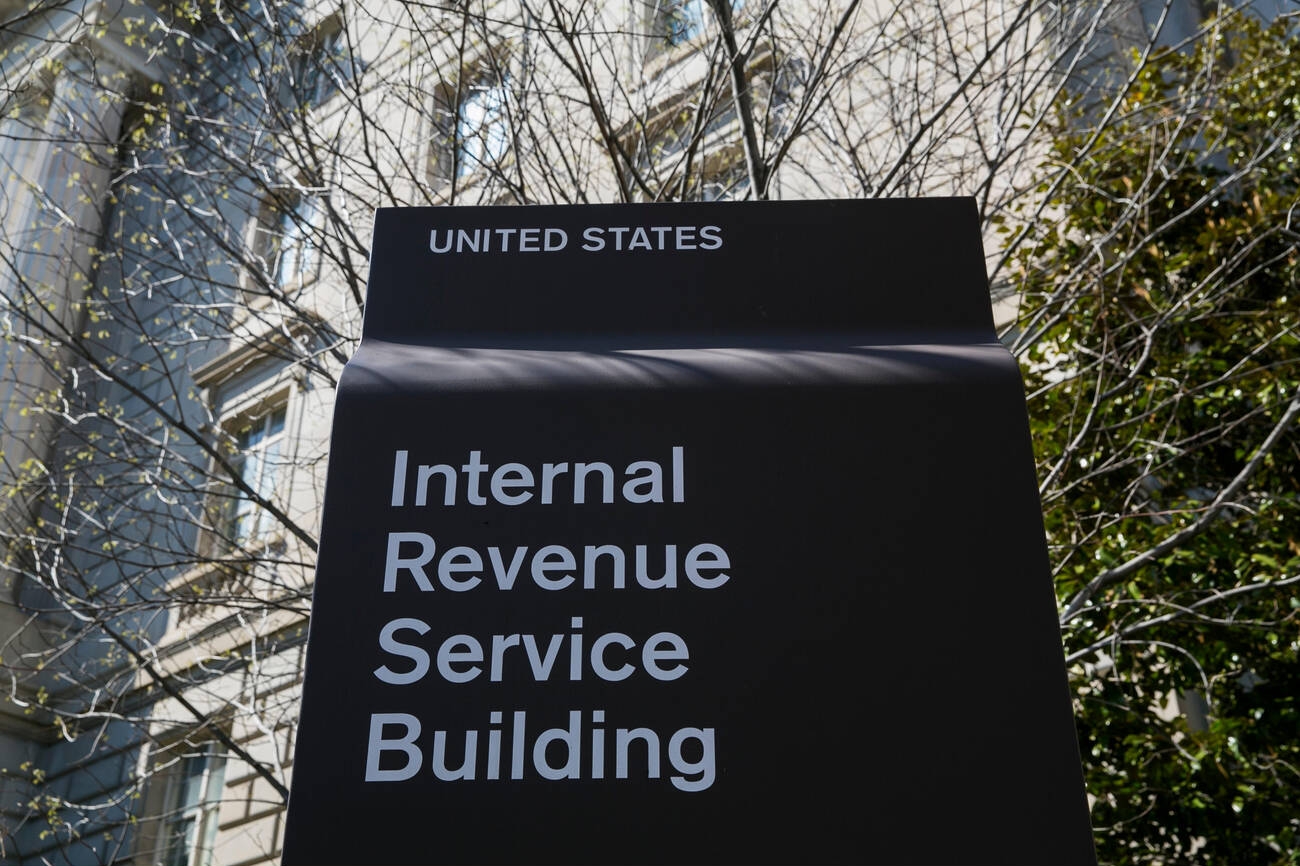A new pass-through field operations unit announced in fall 2023 has officially started work in the IRS’s Large Business and International (LB&I) division to more efficiently conduct audits of pass-through entities, the tax agency said on Oct. 22.
Pass-through organizations—including large partnerships, S corporations, and trusts—will be in the crosshairs of the new work unit within LB&I. The IRS noted that these groups aren’t subject to the corporate income tax, but instead income is “passed through” onto the income tax returns of the individual or corporate owners and taxed at their income tax rates. Pass-throughs are frequently used by higher-income groups and can be complex tax arrangements.
“The creation of [the] new unit … reflects the IRS’s broader efforts to focus more attention and resources on an area that has historically been underscrutinized,” the agency said in a media release.
The IRS has used funding it received from 2022’s Inflation Reduction Act to bolster its enforcement of wealthy tax cheats, including high-income and high-wealth individuals, partnerships, and large corporations—a group that has seen sharp drops in audit rates during the past decade. The agency said it will be using improved technology, including artificial intelligence, to better detect tax cheating by large partnerships and wealthy earners, identify emerging compliance threats, and improve audit case selection tools.
Previously, audits of pass-through entities were divided between LB&I and the Small Business/Self-Employed (SB/SE) division based on the size of the entity, according to the IRS. Going forward, revenue agents in pass-through field operations will be assembled into geographically based teams that are responsible for primary exams of pass-through entity returns. LB&I will be responsible for starting pass-through exams, regardless of entity size. SB/SE will continue to examine pass-through entities as part of a related exam of a tax return, the agency said.
Consolidating the case-working expertise and removing the entity-size barrier helps increase audit rates in this area, streamlines workflows, and provides a more consistent experience for taxpayers, the IRS noted.

“The establishment of pass-through field operations is a significant step in our goal to increase fairness in enforcement while improving service,” IRS Commissioner Danny Werfel said in a statement. “By using Inflation Reduction Act funding and enhancing our expertise in this area, we will be able to reverse our historically low audit rates for complex arrangements employed by certain high-wealth individuals and large entities, while at the same time improving the taxpayer experience through a more tailored exam approach.”
Over the last year, LB&I has “made strides building the foundation of this specialized group with internal and external hiring efforts to ensure it’s well-staffed with a blend of expertise from current IRS employees and new hires,” the IRS said.
In addition to staffing, the work group has also focused on collaboration between LB&I and SB/SE to review and enhance support frameworks, training programs, and other internal processes.
“This combination of LB&I and SB/SE’s diverse expertise is an important milestone,” said Holly Paz, LB&I commissioner. “This group will undoubtedly have a lasting impact as we continue building a modern pass-through compliance structure that is passionate about taxpayer service and fair enforcement.”
Weeks before the creation of the new pass-through field operations unit was announced last fall, the IRS said it had launched examinations of 76 of the largest partnerships with average assets over $10 billion, including hedge funds, real estate investment partnerships, publicly traded partnerships, large law firms, and many other industries. These audits can take years to finish depending on the size and complexity of the partnerships, the IRS said.
In addition, the IRS Office of the Chief Counsel announced last June the creation of a new associate office dedicated to developing guidance on partnerships, including closing tax loopholes. This office will be drawn from the current Passthroughs and Special Industries (PSI) Office, according to the agency, and will work closely with the new LB&I pass-through field operations unit.
Thanks for reading CPA Practice Advisor!
Subscribe Already registered? Log In
Need more information? Read the FAQs




